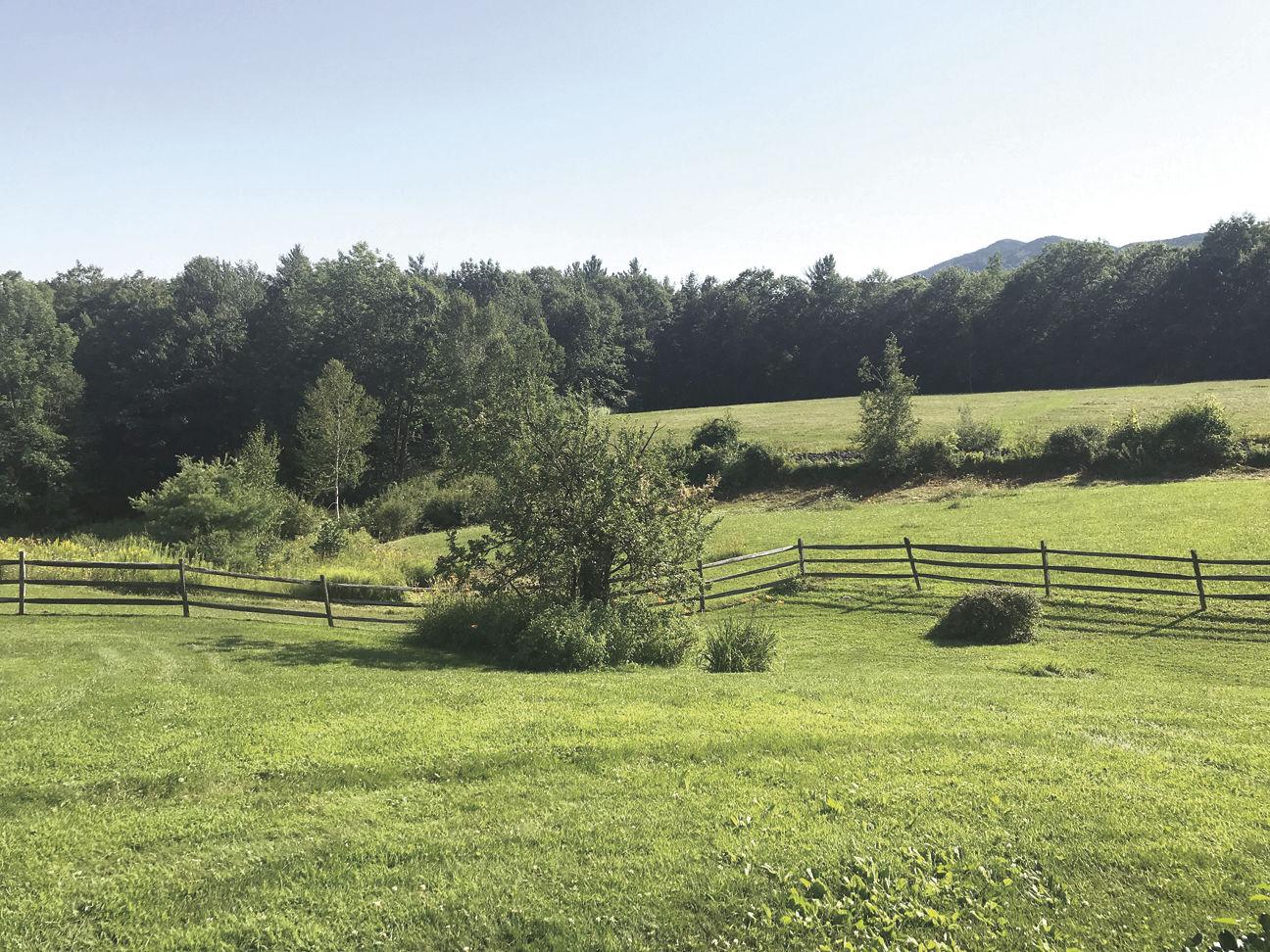Channeling Mark Twain
 Originally published in The Laconia Daily Sun ›
Originally published in The Laconia Daily Sun ›
Much is being written and reported about the importance of occasionally unplugging and going off-line. Our cognitive abilities, thinking and reasoning, are enhanced when we are not distracted by a constant stream of noise and information.
Last weekend, staying at a lovely home in Dublin, New Hampshire, I did just that. Tucked my telephone away and turned off electronic devices. For three days I curled up in a wicker rocking chair on the front porch, reading and staring across a field where Queen Anne’s Lace swayed in the breeze, black-eyed susans attracted butterflies and an occasional hummingbird came into view. The only sounds were the delightful choruses of birds, chattering and singing often in harmony.
This is the same porch where Mark Twain, who often summered in New Hampshire with rented kittens as he so missed his cats, wrote in his autobiography (Autobiography of Mark Twain, Volume 2, Benjamin Griffin and Harriet Elinor Smith, Editors, University of California Press, 2013, p.68):
“This is a magnificent morning. This shady front porch is the right vantage-ground to dictate from. There isn’t a softer, peacefuller prospect than this anywhere in the earth. There isn’t a bluer sky, even over Sweden. There isn’t a more bewitching arrangement of white cloudlets to be found in any sky this side of Australia. Monadnock is so close by, in the divine atmosphere of this morning, that I almost think I could stretch out and rest my elbow in the crotch of its twin peaks as in a crutch. Monadnock is always impressive, always majestic, always beautiful, with a beauty whose phases are as manifold as those that are working their enchantments upon that valley yonder, which stretches away and away, on a morning like this, until its hundred shades of green melt into blue, and the blue becomes a dream and melts and mingles with the base of heaven under the remote horizon.”
On Monday morning it was time to plug in again, review the headlines and return to the desk. After a weekend of pure peace there was news of the shooting in El Paso, followed by another in Dayton.
After the Columbine school shootings in Littleton, Colorado in 1999 I learned as much as I could about what had happened, spending hours with the lawyer for the Eric Harris family and meeting students who had been at the school. With my colleague, Diana Wege, we traveled to Washington and participated in a conference organized by the Clinton administration around preventing school shootings. What could we learn about passing gun legislation? What could we learn about incorporating conflict resolution and social and emotional learning into schools, at all levels? What could we learn about trying to stop systemic racism.
Last June I organized a policy briefing on Capitol Hill around incorporating conflict resolutions training into schools through a program conceived and funded by Diana Wege (Nurturing Inclusive Community Environment, NICE). As I stood and looked out across an audience of legislative assistants and representatives from the offices of many senators and congressmen and women it seemed nothing has changed, since Columbine, Sandy Hook, Charleston, Parkland …
The temptation is to unplug. Permanently. Find a house with a front porch overlooking one of New Hampshire’s magnificent landscapes and just sit in a rocking chair reading. Then I thought again about Mark Twain.
In 1905 he published a pamphlet entitled: King Leopold’s Soliloquy, a short book of political satire condemning King Leopold’s rule over the Congo Free State. It is a scathing literary attack that was published in English, French, German and Italian. The American humorist had become a humanist. Twain had been asked to write about the injustices in the Congo in 1902 and initially refused. Two years later he changed his mind deciding to expose the atrocities through his writing. For years the book was “buried in silence” until it was republished in 1961 by International Publishers, New York, with an introduction by Stefan Heym. I keep my copy on the shelf along with all of my books related to Africa.
It’s time for all of us to stand up and speak out in our own way. Americans need to come together on front porches across the country and engage in a dialogue about what must change to stop the violence, anger and hatred that prevails. All Americans should have the opportunity to experience a “a magnificent morning. …”. and to experience the landscape “becoming a dream and melting and mingling with the base of heaven under the remote horizon.”